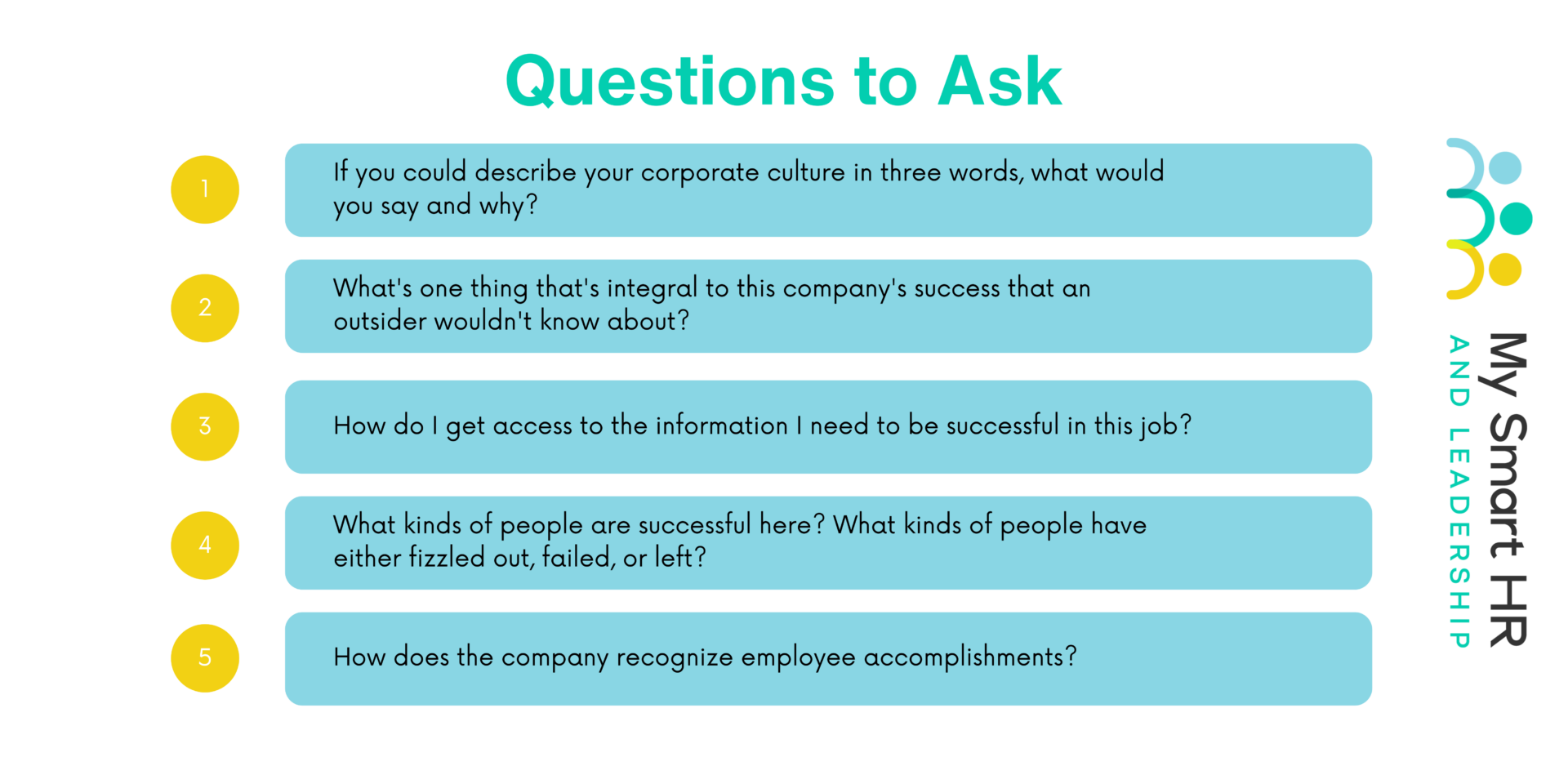In today’s labour-short climate there are lots of jobs for people who are looking, but most people don’t want any old job. Skills are important and the facts about what you can do need to be communicated to potential employers through your resume. But skills are only part of the picture on both sides of the recruitment equation. Just as employers look for people who will be a fit for their organization, culture and team, potential employees also want to assess whether a workplace will align with their values and needs and uphold a culture they are excited to contribute to. When those two things align, it can be a magnificent match.
As a job seeker, how do you go about finding a job that not only uses your skills but actually “fits” who you are? Here are some strategies to consider:
Know what you want
Go into the process with clarity about what aspects of a job are most important to you. For example, the commute, the work environment, company history and stability, opportunities for growth and advancement, environmental impact, etc. Identify your top three most important criteria and as you progress through the job search process, don’t concede on any of those.
To thine own self be true
Demonstrate a deep self-awareness and understanding of your strengths and weaknesses and look at the job through the lens of not only whether you can do the job, but whether you’d like to do the job. So many things outside of skill factor into whether you’ll be happy and fulfilled in a new role. Your personality, communication style, organizational culture, and learning and feedback preferences are critical pieces of the “fit” puzzle. In fact, ask questions about those things. It’s OK to turn down a job offer. You’ll be happier and more successful if you wait for the right opportunity.
Get clear on who inspires you
What kinds of leaders inspire you to be your best and motivate you to work hard and contribute meaningfully? Create a list of questions to ask your interviewers to see how this company demonstrates leadership and be discerning as you hear their answers. This approach will help you identify a great-fitting employer with leaders who will make coming to work a pleasure.
Notice how you’re treated
Sometimes the little things speak the loudest. Pay attention to every part of the
recruitment process to see the company’s true colours.
–> How quickly did the employer respond to you when you had questions prior to the interview?
–> How well did they keep you informed throughout the process?
–> How were you treated by those who worked at the company when you arrived?
–> Could you see yourself being happy in the workspace itself?
–> Is the environment warm and “buzzy” or quiet and serious? The only right answer is the one that feels right to you.

Share control of the interview
Job interviews are your opportunity to check out the company as much as they want to assess you. Don’t be afraid to turn the tables. When you are given an opportunity to ask questions, make them worthwhile. Ask questions about the company, job and team, and follow up with “Give me an example,” or “Tell me about a time.” As you listen, be mindful of how long it takes them to come up with a story or an example and tune in to whether it feels authentic.
Evaluate the interview process
Consider how you were treated during the entire interview process. Did your interview get rescheduled three times before finally getting you into the office?
Did the interviewers seem engaged and eager to meet you or did they appear flustered and unprepared? When you asked each interviewer specifics about the job and what would be required, were their answers consistent or did they vary greatly? Did you leave with clarity about next steps? What was your gut telling you when you left the room?
When companies don’t do the requisite work to find a person who is a right fit for them, they inevitably suffer the consequences of dealing with an unhappy employee who doesn’t make it through probation. As a job seeker, you can suffer the same fate if you aren’t intentional about who you want to work for and what will make a great employment experience for you. Your desires for your next job are important to your well-being (and that of the employer) so don’t compromise. If you use these strategies, you’ll have greater clarity about whether it will be fit for you when that next job offer comes your way.




